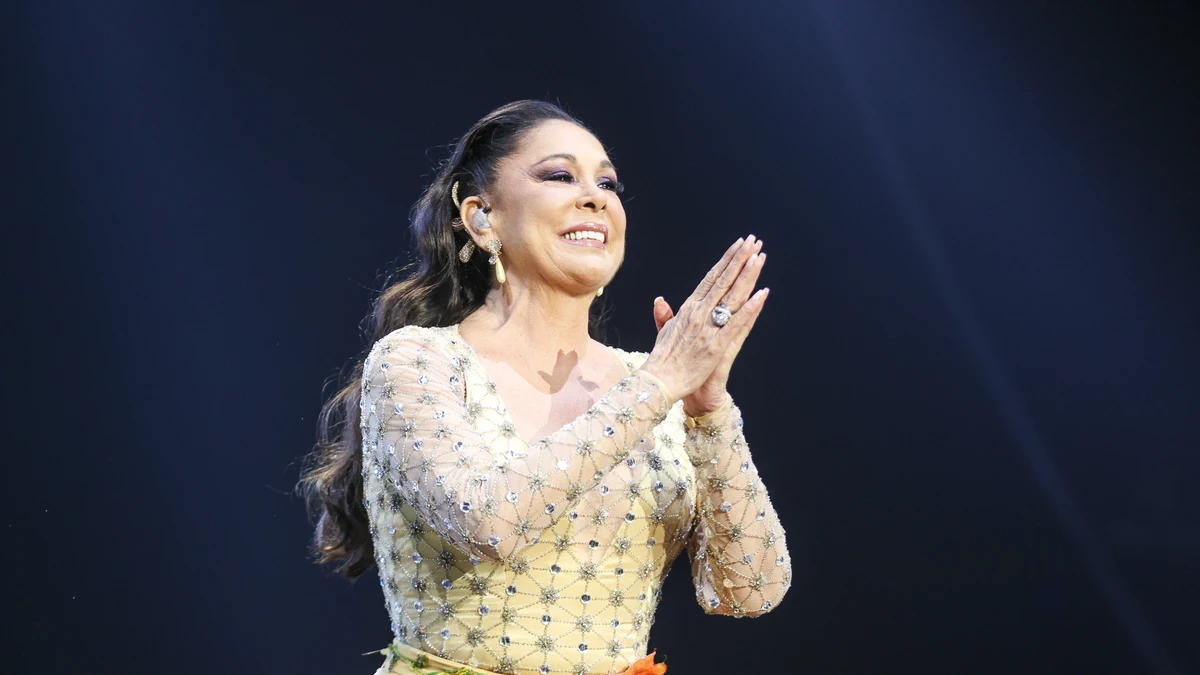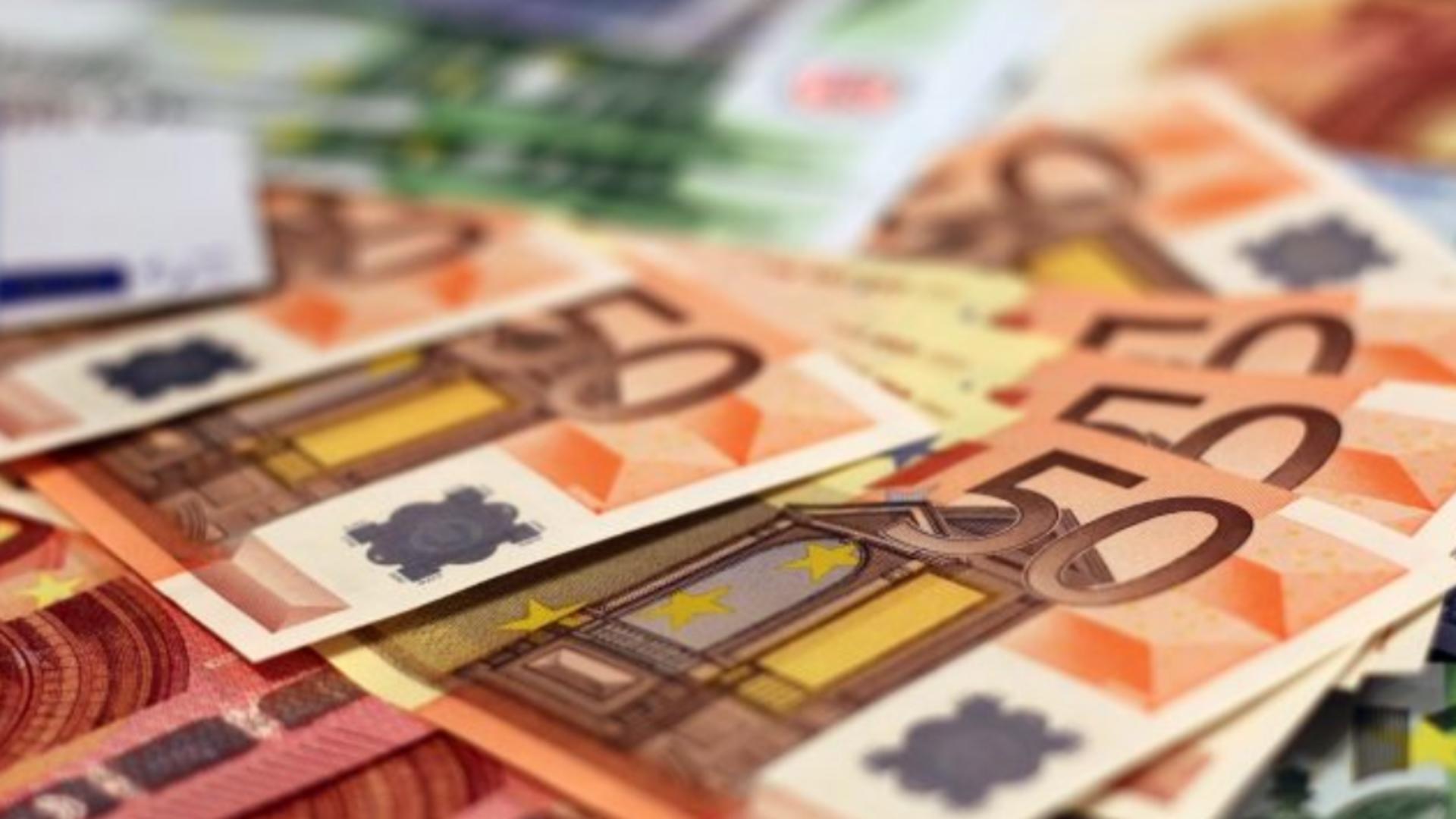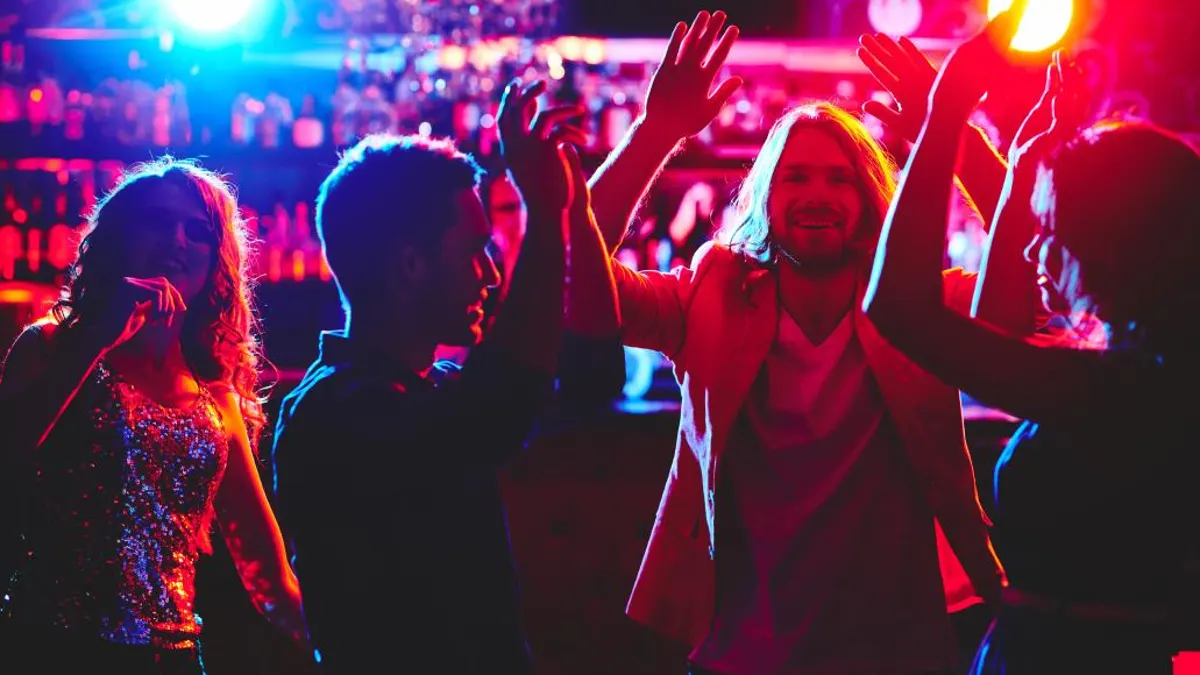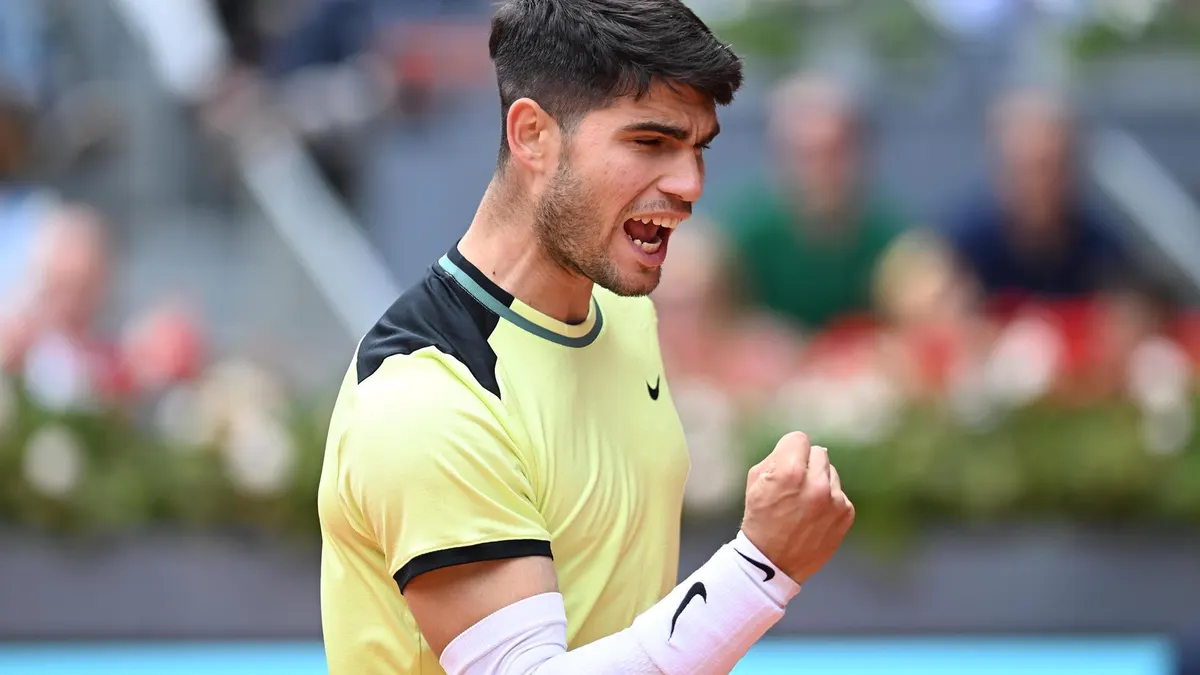By Jennifer Peltz and Michael R. Sisak, Associated Press
NEW YORK (AP) — In a singular moment for American history, the hush money trial of former President Donald Trump begins Monday with jury selection.
It’s the first criminal trial of a former commander in chief and the first of Trump’s four indictments to go to trial. Because Trump is the presumptive nominee for this year’s Republican ticket, the trial will also produce the head-spinning split-screen of a presidential candidate spending his days in court and, he has said, “campaigning during the night.”
And to some extent, it is a trial of the justice system itself as it grapples with a defendant who has used his enormous prominence to assail the judge, his daughter, the district attorney, some witnesses and the allegations — all while blasting the legitimacy of a legal structure that he insists has been appropriated by his political opponents.
Against that backdrop, scores of ordinary citizens are due to be called Monday into a cavernous room in a utilitarian courthouse to determine whether they can serve, fairly and impartially, on the jury.
“The ultimate issue is whether the prospective jurors can assure us that they will set aside any personal feelings or biases and render a decision that is based on the evidence and the law,” Judge Juan M. Merchan wrote in an April 8 filing.
Trump has pleaded not guilty to 34 felony counts of falsifying business records as part of an alleged effort to keep salacious — and, he says, bogus — stories about his sex life from emerging during his 2016 campaign.
The charges center on $130,000 in payments that Trump’s company made to his then-lawyer, Michael Cohen. He paid that sum on Trump’s behalf to keep porn actor Stormy Daniels from going public, a month before the election, with her claims of a sexual encounter with the married mogul a decade earlier.
Prosecutors say the payments to Cohen were falsely logged as legal fees in order to cloak their actual purpose. Trump’s lawyers say the disbursements indeed were legal expenses, not a cover-up.
Trump himself casts the case, and his other indictments elsewhere, as a broad “weaponization of law enforcement” by Democratic prosecutors and officials. He maintains they are orchestrating sham charges in hopes of impeding his presidential run.
After decades of fielding and initiating lawsuits, the businessman-turned-politician now faces a trial that could result in up to four years in prison if he’s convicted, though a no-jail sentence also would be possible.
Regardless of the eventual outcome, the trial of an ex-president and current candidate is a moment of extraordinary gravity for the American political system, as well as for Trump himself. Such a scenario would have once seemed unthinkable to many Americans, even for a president whose tenure left a trail of shattered norms, including twice being impeached and acquitted by the Senate.
Related Articles
Political rhetoric aims ‘vitriol and hatred’ at immigrant asylum-seekers, California advocates say
What to expect in the Alaska and Wyoming Democratic presidential contests
How immigrant workers in US have helped boost job growth and stave off a recession
A near-total ban on abortion has supercharged the political dynamics of Arizona, a key swing state
Biden administration’s new rule: Oil, gas companies must pay more to drill on public lands
The scene inside the courtroom may be greeted with a spectacle outside. When Trump was arraigned last year, police broke up small skirmishes between his supporters and protesters near the courthouse in a tiny park, where a local Republican group has planned a pro-Trump rally Monday.
Trump’s attorneys lost a bid to get the hush money case dismissed and have since repeatedly sought to delay it, prompting a flurry of last-minute appeals court hearings last week.
Among other things, Trump’s lawyers maintain that the jury pool in overwhelmingly Democratic Manhattan has been tainted by negative publicity about Trump and that the case should be moved elsewhere.
An appeals judge turned down an emergency request to delay the trial while the change-of-venue request goes to a group of appellate judges, who are set to consider it in the coming weeks.
Manhattan prosecutors have countered that a lot of the publicity stems from Trump’s own comments and that questioning will tease out whether prospective jurors can put aside any preconceptions they may have. There’s no reason, prosecutors said, to think that 12 fair and impartial people can’t be found amid Manhattan’s roughly 1.4 million adult residents.
The process of choosing those 12, plus six alternates, will begin with scores of people filing into Merchan’s courtroom. They will be known only by number, as he has ordered their names to be kept secret from everyone except prosecutors, Trump and their legal teams.
After hearing some basics about the case and jury service, the prospective jurors will be asked to raise hands if they believe they cannot serve or be fair and impartial. Those who do so will be excused, according to Merchan’s filing last week.
The rest will be eligible for questioning. The 42 preapproved, sometimes multi-pronged queries include background basics but also reflect the uniqueness of the case.
“Do you have any strong opinions or firmly held beliefs about former President Donald Trump, or the fact that he is a current candidate for president, that would interfere with your ability to be a fair and impartial juror?” asks one question.
Others ask about attendance at Trump or anti-Trump rallies, opinions on how he’s being treated in the case, news sources and more — including any “political, moral, intellectual, or religious beliefs or opinions” that might “slant” a prospective juror’s approach to the case.
Based on the answers, the attorneys can ask a judge to eliminate people “for cause” if they meet certain criteria for being unable to serve or be unbiased. The lawyers also can use “peremptory challenges” to nix 10 potential jurors and two prospective alternates without giving a reason.
“If you’re going to strike everybody who’s either a Republican or a Democrat,” the judge observed at a February hearing, “you’re going to run out of peremptory challenges very quickly.”





